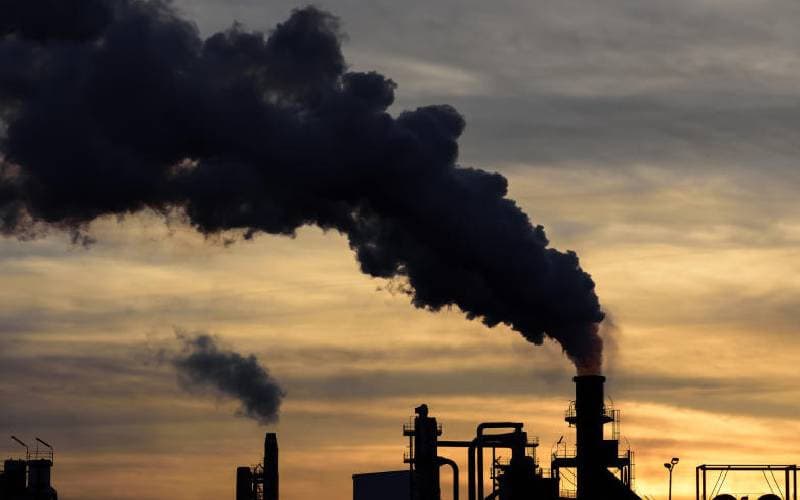We're loading the full news article for you. This includes the article content, images, author information, and related articles.
The Clean-Air Forum 2025 has convened in Nairobi, bringing together experts from across Africa to address the growing crisis of urban air pollution. In a stark warning, one official stated that "no other country kills so many of its people with dirty air" as Kenya

Nairobi, Kenya – Policymakers, scientists, and environmental experts from across Africa have gathered in Nairobi for the Clean-Air Forum 2025, a high-level summit aimed at addressing the continent’s escalating urban air pollution crisis. Held from July 12–13, the conference seeks to forge a path toward cleaner, healthier cities by confronting the harmful effects of smog and industrial emissions, particularly in fast-growing urban centers.
The forum opened with a sobering warning from a senior official who stated that “no other country kills so many of its people with dirty air” as Kenya—a stark reminder of the public health emergency posed by unchecked air pollution. The comment set the tone for a candid and data-driven dialogue on the scale of the problem and the need for urgent, coordinated action.
Among the key issues on the agenda are the tightening of vehicular emissions standards, curbing the widespread use of outdated diesel engines, and expanding real-time air quality monitoring networks across major cities. Experts also highlighted the disproportionate impact of pollution on vulnerable populations, particularly children, low-income communities, and people living near congested roads or industrial zones.
Nairobi Governor Johnson Sakaja addressed delegates, pledging the capital city’s support for a shift toward cleaner transportation, including the promotion of electric vehicles and improved public transit systems. He also committed to enforcing stricter regulations on industrial emissions and improving the city’s waste management infrastructure.
“We owe it to our children and to future generations to take this seriously,” said Sakaja. “Clean air should not be a privilege—it is a right.”
Organizers say they hope the Nairobi gathering will be a catalyst for continent-wide reforms, leading to the adoption of uniform air quality guidelines, investment in clean energy technologies, and increased public awareness campaigns.
Environmental activists attending the event have urged governments to move beyond pledges and into implementation. “We can no longer treat clean air as optional,” said one youth representative. “Africa is urbanizing rapidly, and if we don’t act now, the health costs will be devastating.”
The Clean-Air Forum 2025 concludes with a call for African cities to adopt an African Air Quality Pact, a voluntary commitment to measurable reductions in emissions and transparent data sharing across borders.
As Nairobi’s skyline disappears under a haze of morning smog, the urgency of the mission could not be more visible.
Keep the conversation in one place—threads here stay linked to the story and in the forums.
Sign in to start a discussion
Start a conversation about this story and keep it linked here.
Other hot threads
E-sports and Gaming Community in Kenya
Active 9 months ago
The Role of Technology in Modern Agriculture (AgriTech)
Active 9 months ago
Popular Recreational Activities Across Counties
Active 9 months ago
Investing in Youth Sports Development Programs
Active 9 months ago